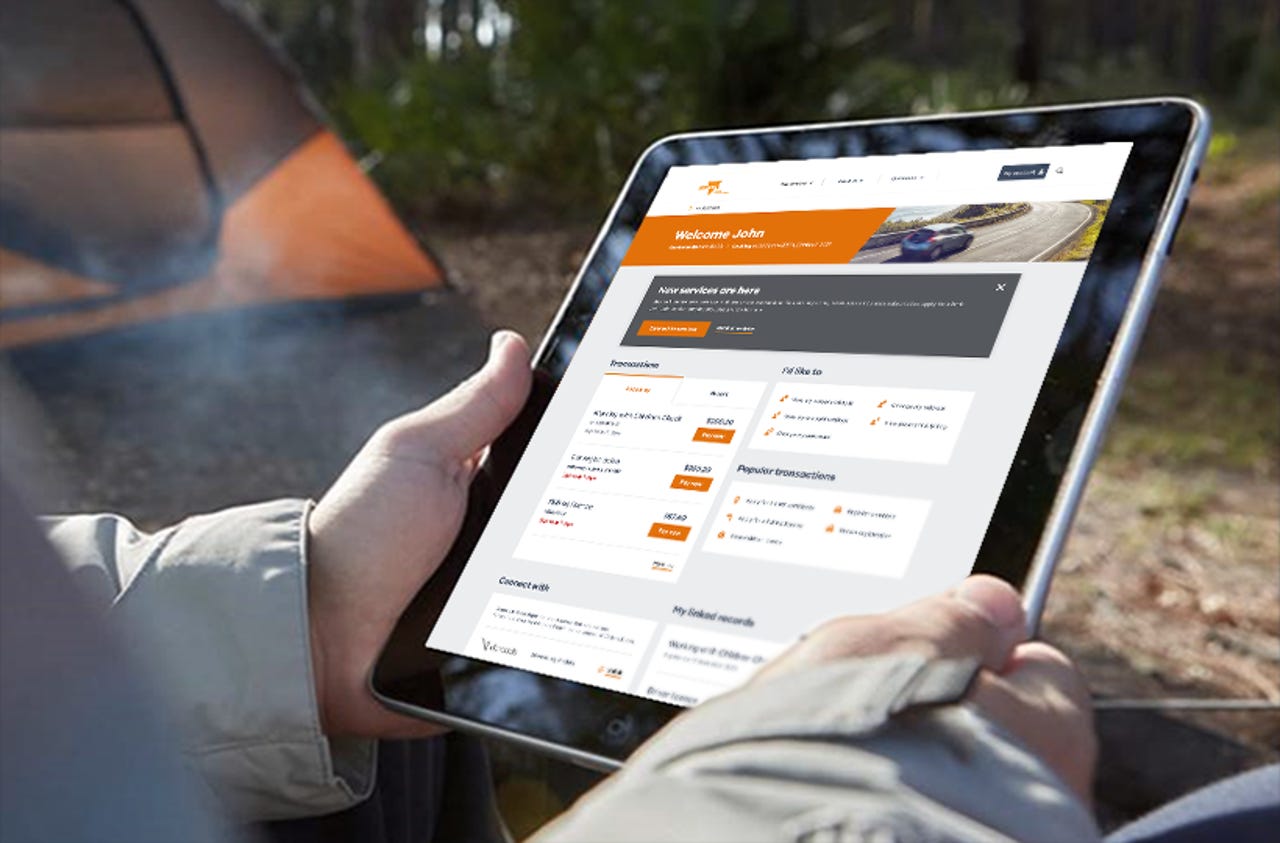Redefining government service delivery the Service Victoria way


The Victorian government three years ago stood up Service Victoria in a bid to modernise the way citizens can "get things done" with the state online.
Speaking at the CeBIT Australia conference in Sydney on Wednesday, the state's first chief customer officer Darren Whitelaw said his job is to start putting the customer at the centre of the way government does business.
When discussing why there was a need to change service delivery, Whitelaw said the Victorian government boasted 538 different websites just at the state level. There was also around 16 transactions within government where citizens needing to interact with the state were required to provide the same information on multiple occasions.
"So there's no wonder why customers get frustrated -- yet we expect them to understand the structure of government and navigate their way around," he said.
The approach was to ask the citizens what they wanted.
"Because in 10 years time, it was going to cost a quarter of a billion dollars extra every year just to deal with the growing cost of service delivery at the Victorian state government," he explained.
The AU$250 million projected service delivery spend was based mostly on population growth. Whitelaw said it was important for the state government to change.
"Basically we were way worse than the private sector and way more expensive in terms of delivering services than the private sector -- we were the worst of the five mainland states -- so something had to be done," he continued.
"As laggards, we got to sit back and think about it in a slightly different way: What if we design and government around the public and just presented the view of government that I as a citizen actually need."
Whitelaw said the government found itself in a position where two parts of government were buying the same software platform and five parts of government all had different databases containing the same information.
"So we're delivering a consistent experience -- how do we do that? It's not by breaking down silos," he explained. "The best you can hope for is to poke a hole between the silos and that hole could be sharing of information, that hole could be a modern API, that hole could be a little bit of data flowing."
The challenge for government, Whitelaw explained, is that the private sector has upped the customer experience, requiring government to follow suit.
"The customer experience is the big buzzword and they're getting better at making that customer experience more seamless," he said.
"One of the big four banks has 50 user experience designers working for them right now -- their total job for 50 people coming to work each day is just to make it easier to deal with the bank.
"So what's happening is people's experiences in their private lives are framing the way they expect government to be dealing with them.
"Government is still back here thinking about which PDF form should we upload to our website.
"So this idea is trying to at least close that gap -- we don't have to be as good as the private sector, we just don't have to be as bad as the public sector."
Whitelaw said gaining insight into what customers want from government allows for transactions to be sped up and the process to become a little more simple for the citizen.
"When you know who I am and what I want, and all my stuff is on the platform you can start saying would you like fries with your order," he continued.
"We found 52 percent of people who have registered a boat in the last 12 months had also bought a fishing licence, yet government hasn't thought about it that way -- so the idea is would you like a fishing license with that? Thank you, I will. That's the fries with that order."
RELATED COVERAGE
Victoria adopts Australia Post digital proof-of-age card
Following a trial in Fitzroy, licensed premises across Victoria will accept the digital equivalent of the Keypass card.
Victoria launches cybersecurity strategy
The Victorian government has launched its Cyber Security Strategy, developing a 32-point framework it hopes will keep government services and information safe from cyber threats.
Victoria provides AU$2.9m for startup training
Accelerators, incubators, and other startup-focused organisations will be using the AU$2.9 million funding to provide Victorian startups with training.
Service NSW wants to share technology for cross-border service delivery
Service NSW's acting CEO told ZDNet that the organisation should be opening its technology to the rest of the country to assist in citizen service delivery.
The most important technologies powering digital transformation (TechRepublic)
Deloitte Consulting CTO Bill Briggs listed the top technologies that can help companies embarking on a digital transformation journey.